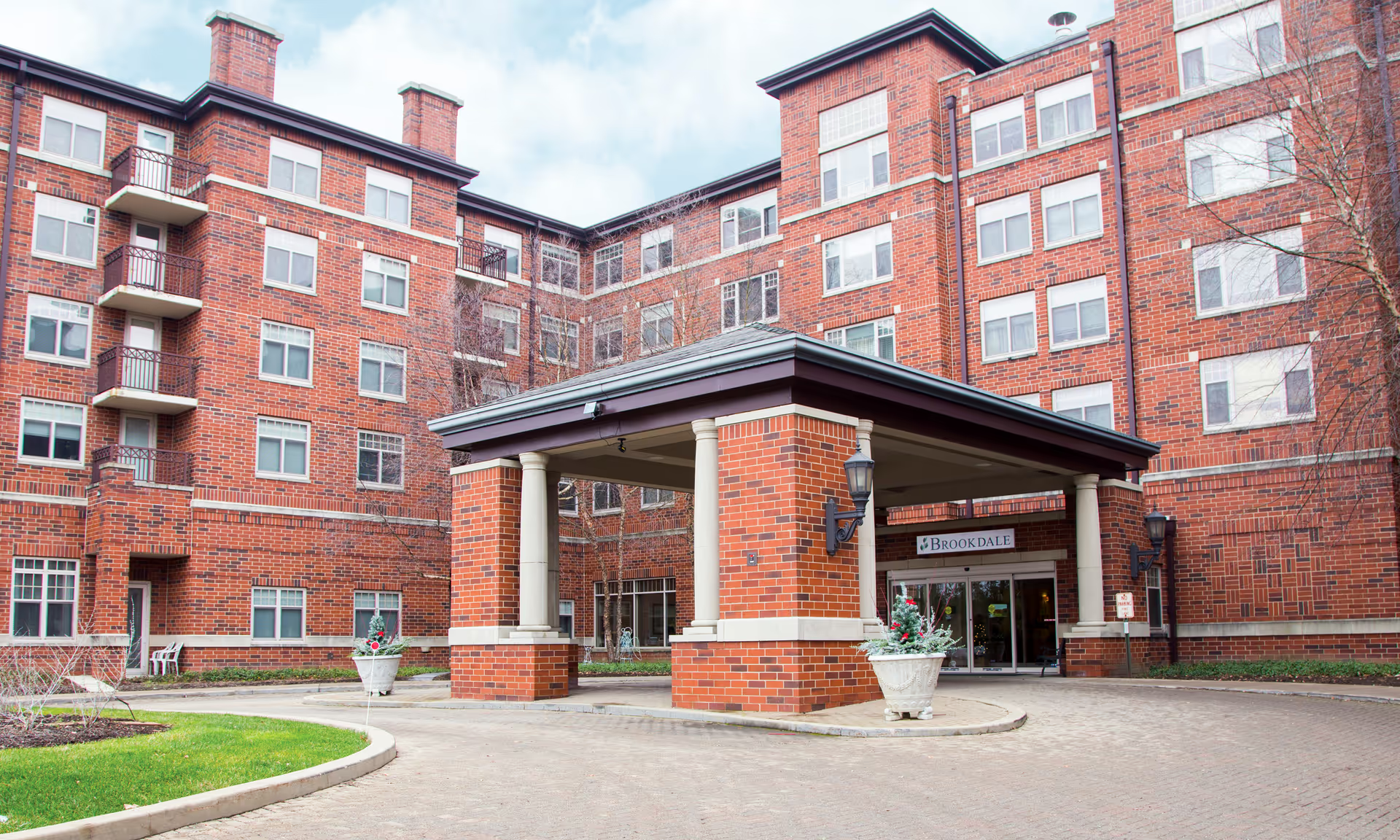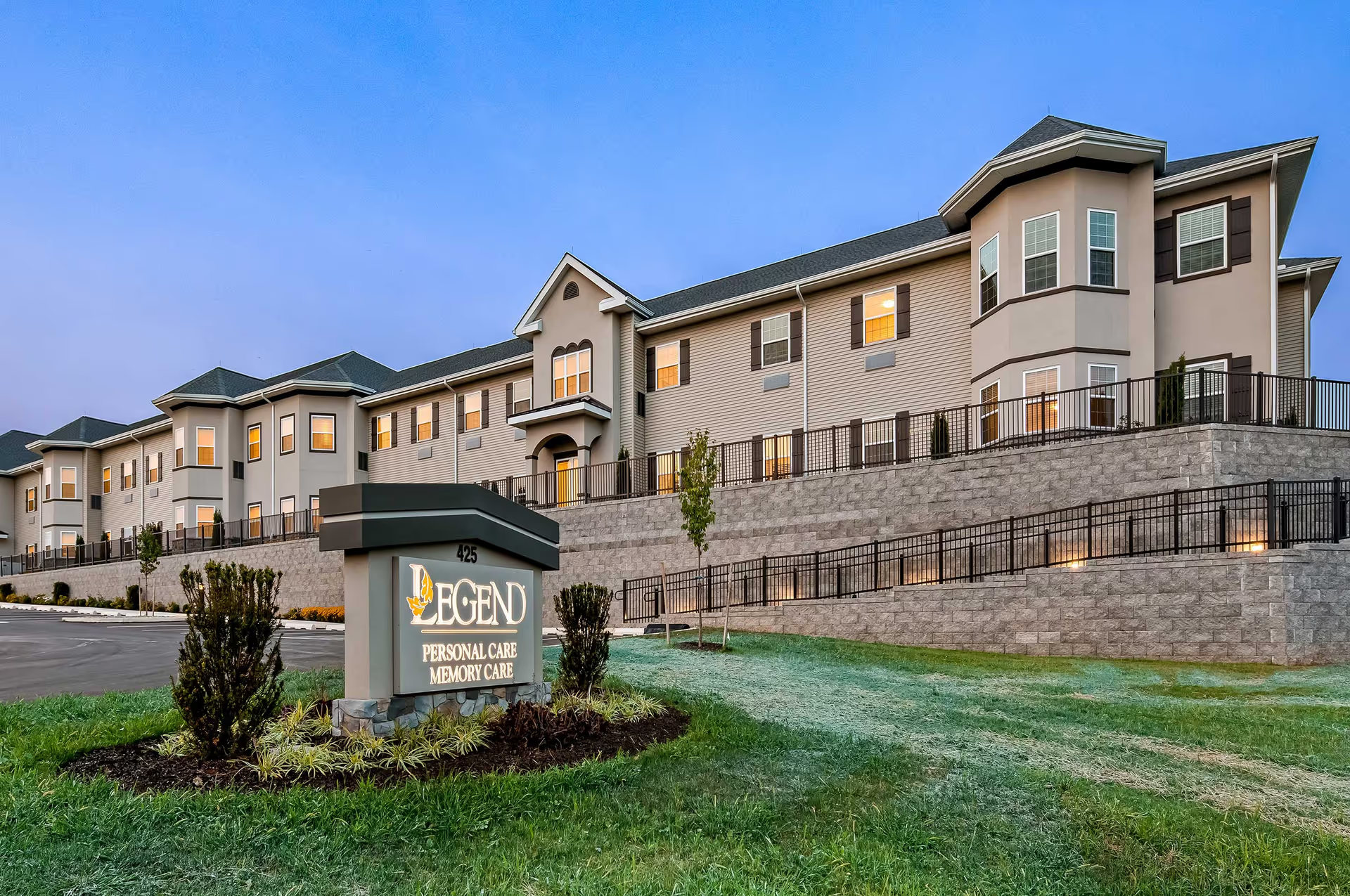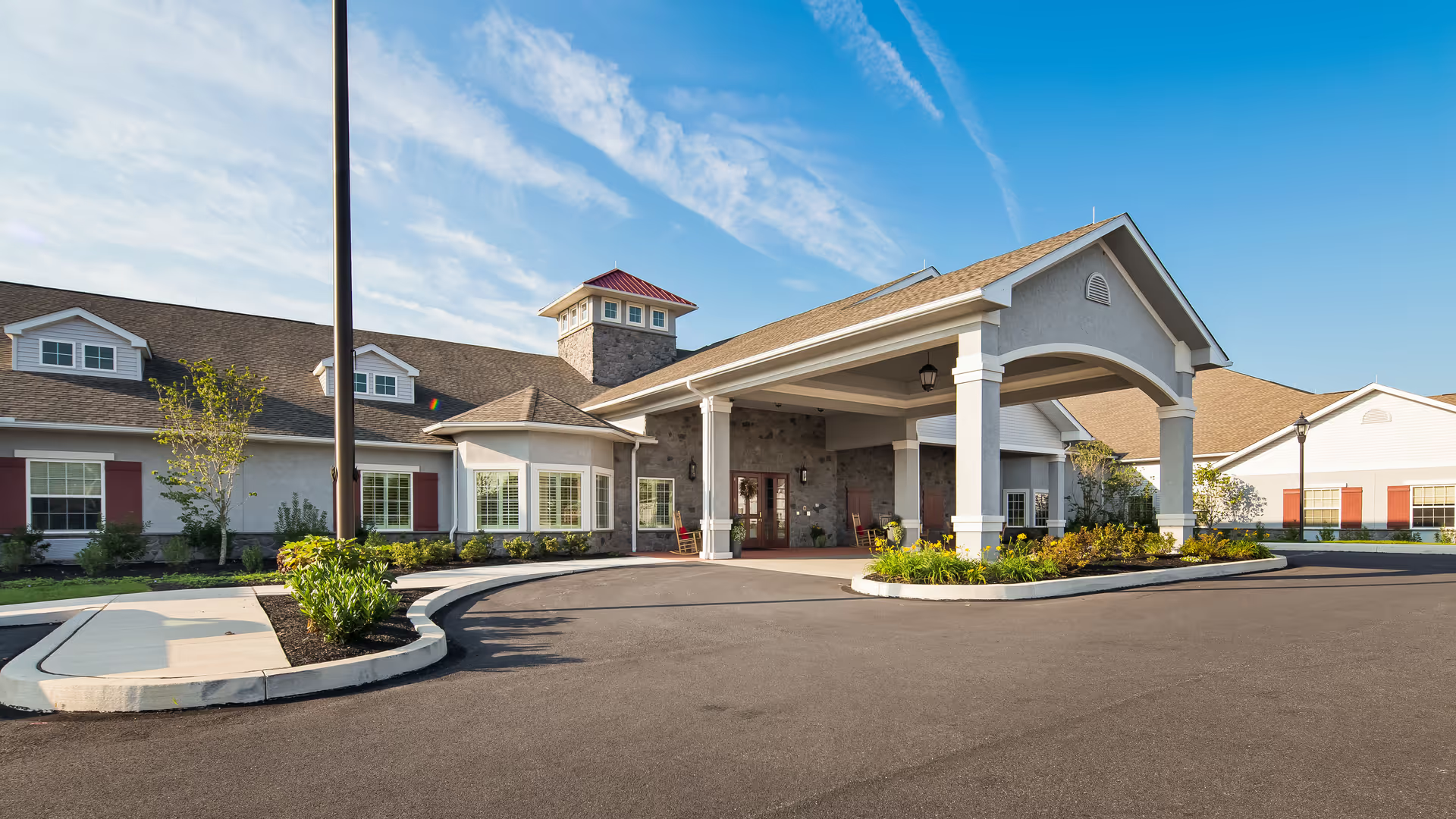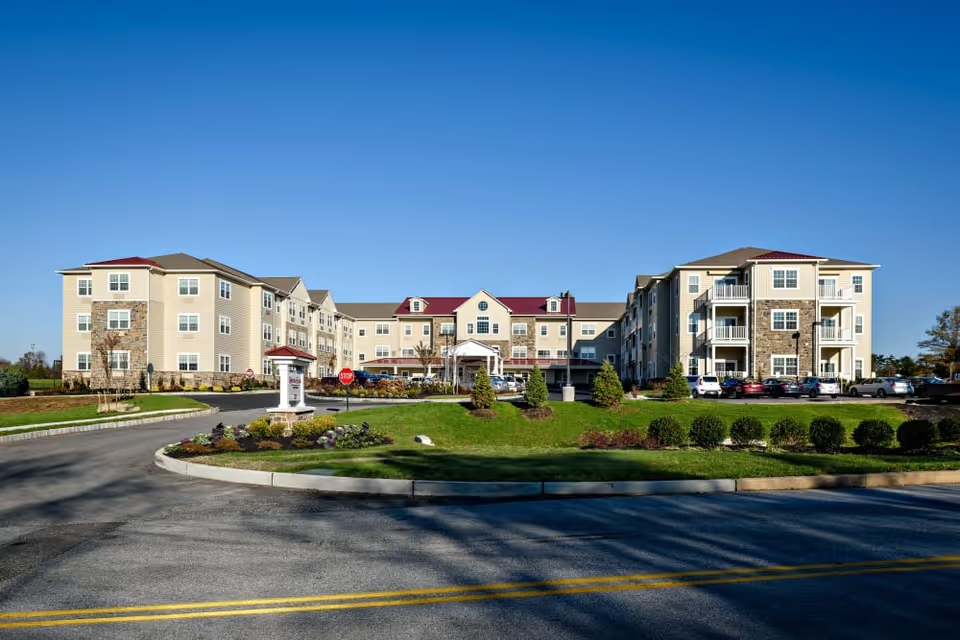Overall sentiment in the reviews is highly polarized: a substantial number of reviewers praise Fayetteville Manor for compassionate care, clean facilities, engaging activities, and good value, while other reviewers describe very serious problems including abuse, neglect, medication errors, and poor management response. The pattern suggests notable inconsistency in resident experience — some families report an environment that is warm, homey, and attentive, whereas others report conditions that caused physical harm and emotional distress.
Care quality and clinical safety: Several positive reviews emphasize residents being well cared for, mentally engaged, able to eat and move with minimal assistance, and benefiting from dementia-specific programming. Conversely, multiple reviews allege serious clinical failures: medication lapses and incorrect prescriptions, dehydration, urinary tract infections, pressure sores, catatonia, and at least one hospitalization. These reports indicate potential problems with medication management, monitoring of basic needs (hydration, skin integrity), and overall clinical oversight. The mention of an NCDHHS 1-star rating by reviewers is a significant red flag corroborating concerns about regulatory deficiencies in some areas.
Staff behavior and management: Reviewers frequently mention caring, patient, and personable staff who know residents by name and are praised by families (some even name particular caregivers such as Ms. Mary, Tashia, and Tonia). At the same time, there are alarming allegations of staff belittling residents, physical aggression (hitting/shoving and unexplained bruises), and staff protecting one another rather than taking responsibility. Several reviews describe an unresponsive administrator and poor communication with families, including refusals to discuss care or denial of access in critical moments. Combined, these accounts suggest uneven staff performance and gaps in leadership and accountability.
Facility environment and activities: Positive comments consistently highlight a clean, fresh-smelling facility with attractive décor, a well-maintained yard, comfortable and large rooms, and a home-like atmosphere. Activities are described as lively and varied, with particular strengths in dementia-focused engagement. These factors contribute to many families feeling their loved ones are happy, stimulated, and comfortable. Some reviewers, however, express concern that the facility is too large, which they feel could reduce personalized attention for some residents.
Family access, communication, and COVID response: Reviews show mixed experiences around visitation and infection control. Several families praised the facility’s COVID safety measures, while others reported staff not wearing masks and being given misinformation about outbreaks. Some reviews also recount being denied visits beyond the front door or even access to say goodbye to a dying relative; these are serious complaints that reflect either strict policy enforcement without adequate communication or inconsistent application of visitor protocols.
Patterns and implications: The coexistence of strongly positive and strongly negative reviews points to variability by unit, shift, or over time. Positive accounts emphasize compassionate caregivers, cleanliness, meaningful activities, and affordability. Negative accounts point to systemic issues: lapses in clinical care and medication management, alleged abuse and neglect, missing belongings, poor leadership responsiveness, and troubling regulatory feedback (the cited 1-star rating). Taken together, the reviews describe a facility that can provide very good daily living and engagement for some residents but also may present serious risks to others, particularly those requiring closer clinical oversight or those who are vulnerable to neglect or mistreatment.
In summary, Fayetteville Manor receives enthusiastic praise for its environment, staff members who are compassionate and engaged, and strong activity programming and value for cost. However, there are multiple, specific, and severe allegations from other reviewers about abuse, neglect, medication errors, poor communication, and administrative unresponsiveness — including regulatory concerns — that cannot be ignored. These divergent accounts suggest that prospective families should investigate recent inspection reports, ask detailed questions about medication management, staffing and supervision, incident reporting and resolution, and visit the facility multiple times at different hours to get a clearer, up-to-date picture of care quality and safety.







